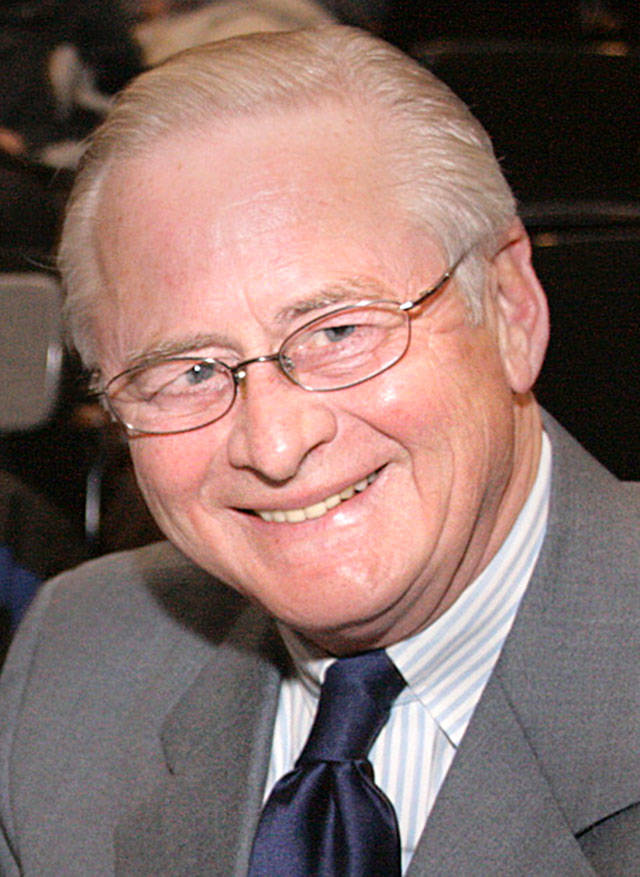Our country is at a defining moment in our search for true equality.
Another murder of a Black man at the hands of a white police officer in Minneapolis, following similar events in other parts of the country, has resulted in more than three weeks of multi-racial marches in almost every major city in the country — and has forever enshrined the name “Black Lives Matter” to the brutality that Black people and other racial minorities regularly experience and viewers have witnessed every evening.
The death of George Floyd so vividly captured on video has left few to defend police. While some unaffiliated with the protesters have infiltrated their movement, the resulting marches for justice have included more examples of violent police behavior toward cooperative protesters and have further undermined any police defense.
Then to make sure we got the message that police reform is long overdue, police in Atlanta shot and killed Rayshard Brooks at a Wendy’s. Again we watched in disbelief as his murder was replayed.
Some protesters’ anger is so raw that they want to completely “defund” police departments, as is planned in Minneapolis. Others want to take significant amounts of money from their police department and spend it in low-income neighborhoods that need financial support, as Los Angeles is planning. Defunding police departments throughout the country is unlikely.
Most citizens believe there has to be a better way, and they want a complete look at how police departments are being run. They rightfully ask, “why does this keep happening?”
A poll reported on MSNBC found that 70 percent of whites trust local police, but only 36 percent of Black people trust local police. Our defining moment is just starting to unfold, but something feels different about the opportunity to make change.
First, the protesters are not just Black. The crowds have been noticeably multi-racial including many whites. Secondly, corporate America is getting on board as the movement for change gathers steam.
Starbucks and others have endorsed “Black Lives Matter.” NASCAR is banning Confederate flags, and there is pressure to remove Confederate statues in Southern towns. The biggest boost was the National Football League’s apology for how they handled Colin Kaepernick taking a knee. Now everyone wants his endorsement. And we are headed toward establishing Juneteenth as a national holiday.
The timing for change is good. Crime has been down throughout the country over the past few years, though the police budget is still the biggest budget in most cities. When residents don’t feel safe, they think adding more police officers is the only answer.
Like other suburban cities, Federal Way reports crime is down, but recently announced it will hire five or six more police officers through a COPS grant that requires the city to pay the full salary after the grant expires. Police officers cost about $100,000 each per year. But the “defund the police department” movement has forced residents to consider the cause of crime and how to respond to it. Crime is the end result, but the real problem is mental health, addiction, homelessness, and a changing economic structure that benefits the more wealthy instead of those most in need. Police reform may mean putting money where the real problem is, and not always into police staffing.
There is clearly something wrong. Is it with who we hire, how they are trained, or how they are managed? Or is it the internal police culture?
Hiring needs to change. Don’t send an officer with a gun and badge to solve a mental health problem. Hire people with that training. Police officers hate domestic disputes, so hire people with that experience and send them with the officer if needed.
If we want our police to truly implement community policing, then the force should reflect the community. Get officers out of their cars — walking, riding bikes and engaging the people who live here. Most officers don’t live in the community that they work in because they don’t want to. Make residency a requirement. Have them shop locally and get to know the business owners. When their children attend neighborhood schools, they will know the teachers and the neighborhood. Cities need to invest more money in programs that get to the root cause of mental health, addiction and homelessness.
Police have become too much like military in how they think as well as with the training they receive and the equipment they are taught to use. The public doesn’t want flash bangs or nightsticks or hiding around the corner in full-fledged combat gear. Police in schools may have been well intended, but some school districts are reconsidering the concept when what they need is staff with social work skills and psychologists.
The public wants more de-escalation training and less chokeholds. All uses of force by police need to be investigated by an outside organization at the direction of an independent oversight board. Internal investigations of police, by police, simply aren’t believable. And it isn’t just a few bad cops. Qualified immunity should be discontinued.
Why is the public supportive of police reform? Because we have cameras everywhere including dashboards and on police officers in some departments. We can see what actually happened. We now see verification of what Black people have been telling us for years about how they have been treated.
No more taking the police officers’ word against people of color. Buy more cameras for the business community, make body cameras part of the basic uniform, and require them to be turned on. Police unions will oppose almost every effort at reform, and it won’t be cheap. Why should we do it?
Because Black lives really do matter.
Federal Way resident Bob Roegner is a former mayor of Auburn. Contact bjroegner@comcast.net.


